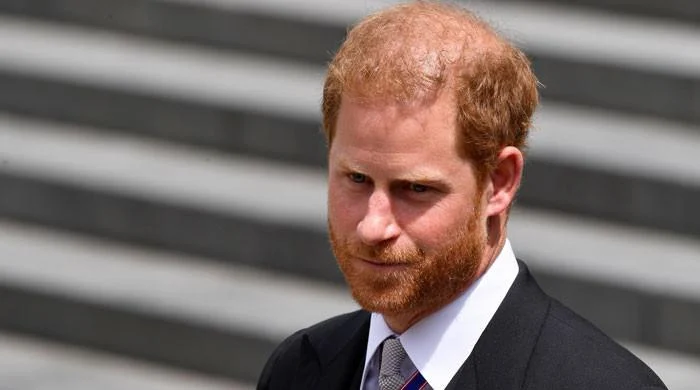
Why Prince Harry's Popularity is Fading
In recent years, Prince Harry's public image has taken a notable hit, especially since his decision to step back from royal duties in 2020. His departure, alongside Meghan Markle, signaled a major shift in how he was perceived, and not all of it was positive.
Their move to the U.S. was met with mixed reactions. Some admired the couple's quest for privacy, but for others, it came off as a rejection of tradition. What made it worse was their continued media presence. Despite speaking out against press intrusion, the couple signed deals with Netflix, launched a podcast, and released Spare, Harry’s memoir. To many, this felt like hypocrisy—demanding privacy on one hand while staying squarely in the public eye.
Harry’s increasingly personal criticisms of the royal family, particularly in his memoir and various interviews, have further eroded his popularity, especially among older, more monarchy-loyal generations. British media didn’t hold back, labeling his disclosures as unnecessarily damaging to the institution. And many ordinary Britons agree, with polls showing a steady drop in his approval ratings.
Then there’s the feud with his brother, Prince William. What was once a close bond has devolved into estrangement, played out in headlines and interviews. Harry’s willingness to discuss private family matters publicly hasn’t sat well with those who value royal discretion. For many, this kind of "family airing" crosses a line.
In the end, while Harry may have intended to carve out his own path, he’s alienated a significant portion of the public along the way. The drop in his popularity reflects a complicated dynamic between his personal choices, media strategy, and how the public perceives those actions.
Stichworte
Quellen







